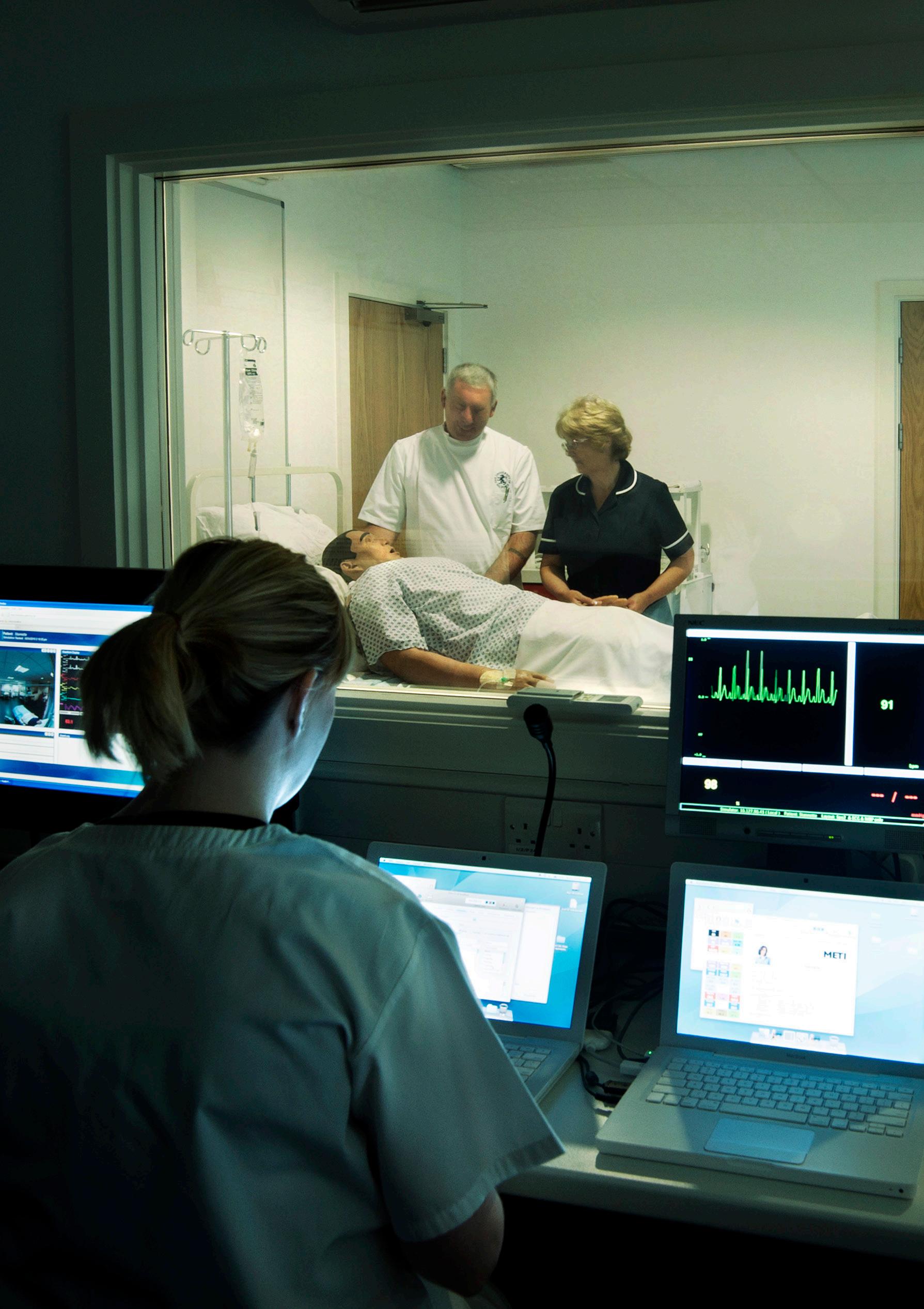




The Doctoral School brings together PhD candidates from across the University, supporting a vibrant community in which collaborative and interdisciplinary working can flourish. Our innovative research environment is recognised around the world, building international visibility and opportunity, offering you a platform from which to develop your own profile.
We offer an extensive range of training and support, tailored to your individual needs. The Salford Postgraduate Research Training (SPoRT) programme is designed to help you develop the skills needed for effective research and transferable skills to enhance your employability, whether you are planning a career in academia or elsewhere in the public or private sectors.
Diversity and inclusivity are the lifeblood of our Doctoral School. Flexible start dates allow you to begin your study when it is most convenient for you, while our online doctoral programme enables candidates based outside the Manchester area to complete their PhD studies with Salford.
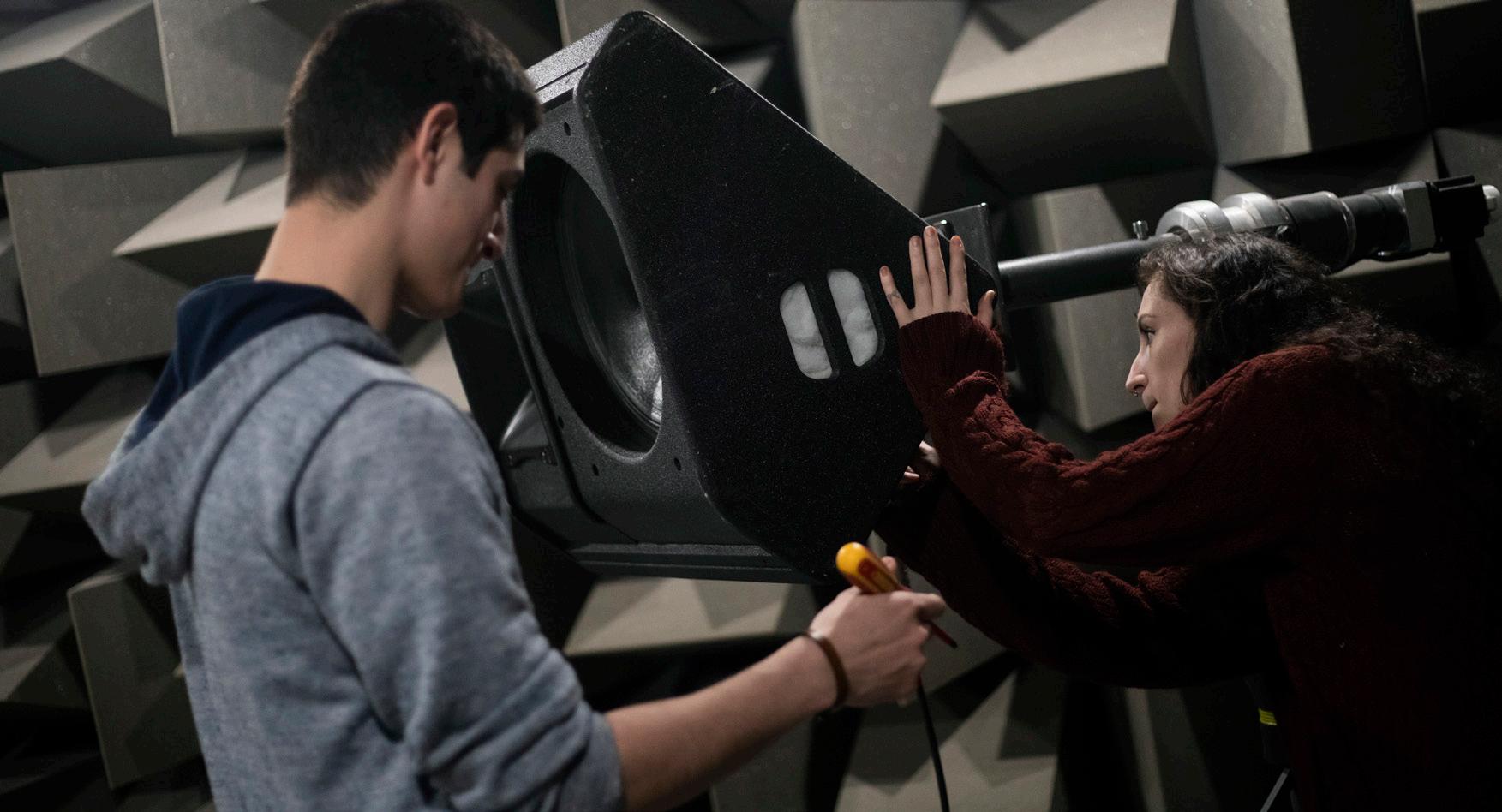
Our PhD candidates come from a wide variety of backgrounds, adding their life experiences and unique journeys to our collective knowledge and expertise. There is no such thing as a typical Salford PhD researcher. People from all over the world and at all stages in life join us to explore the research questions that matter passionately to them. Whatever your reasons for pursuing a PhD, our world class training and development opportunities enable you to fulfil your unique potential.
This booklet provides details of the support you will receive as a postgraduate researcher at Salford, as well as example timelines for the different types of study and contact details for more information. You can also find out more at salford.ac.uk/postgraduate-research
The next few pages contain example timelines for the different postgraduate research study options.
Full time studies to include split site and online doctorate PhD
Learning agreement and ethics checklist 0-3 months
Interim assessment 9-11 months
Self-evaluation report 12 months
Annual progress report (by supervisor) 12 months
Internal evaluation 21-23 months
Self-evaluation report 24 months
Annual progress report (by supervisor) 24 months
Self-evaluation report 36 months
Annual progress report (by supervisor) 36 months
Completion year to include submission of thesis, viva, and award of PhD
1 YEAR + 1 YEAR COMPLETION
Learning agreement and ethics checklist 0-3 months
Self-evaluation report 12 months
Annual progress report 12 months
Completion year to include submission of thesis, viva (if required), and award of degree
2 YEARS + 2 YEARS COMPLETION
Self-evaluation report 12 months
Annual progress report 12 months
Final completion year to include submission of thesis, viva (if required), and award of degree
Learning agreement and ethics checklist 0-3 months
Self-evaluation report 12 months
Annual progress report 12 months
First completion year
Learning agreement 0-3 months
Submission of soft bound thesis 9-12 months
START
Submit application and prima facie report along with £500 fee Prima facie assessment
FINISH
Viva and hardbound submission 12 months
Learning agreement and ethics checklist 0-3 months
Self-evaluation report 12 months
Annual progress report (by supervisor) 12 months
Interim assessment 15-20 months
Self-evaluation report 24 months
Annual progress report (by supervisor) 24 months
Self-evaluation report 36 months
Annual progress report (by supervisor) 36 months
Internal evaluation 35-40 months
Self-evaluation report 48 months
Annual progress report (by supervisor) 48 months
Self-evaluation report 60 months
Annual progress report (by supervisor) 60 months
First completion year
Completion year to include submission of thesis, viva, and award of PhD
Self-evaluation report 24 months
Annual progress report (by supervisor) 24 months
START FINISH
Learning agreement and ethics checklist 0-3 months
Internal evaluation 9-11 months
Self-evaluation report 12 months
Annual progress report (by supervisor) 12 months
Completion year to include submission of thesis, viva, and award of degree
Internal evaluation
21-23 months
Self-evaluation report 24 months
Annual progress report (by supervisor) 24 months
** Students would need to spend a minimum of 3 months in the UK at Salford**
A Local Advisor option is also available which will be discussed at point of application.
Learning agreement and ethics checklist 0-3 months
Interim assessment 9-11 months
Self-evaluation report 12 months
Annual progress report (by supervisor) 12 months
** Students would need to spend a minimum of 3 months in the UK at Salford**
Completion year to include submission of thesis, viva, and award of PhD
** Students would need to spend a minimum of 3 months in the UK at Salford**
Self-evaluation report
36 months
Annual progress report (by supervisor) 36 months
** Students would need to spend a minimum of 3 months in the UK at Salford**

The learning agreement will be the focus of your first two supervision sessions and must be completed and submitted within the first three months of your candidature (this is the case for both part-time and full-time students). This is not a static document and should be reviewed regularly and updated annually, with your supervisors.
Training sessions on how to complete your learning agreement occur throughout the year.
A GUIDE TO YOUR STUDENT JOURNEY 10 This report is a requirement for continuous registration for the degree study but does not contribute to the academic assessment of the study.
You must complete a self-evaluation report at the end of each registered year. This report enables you to reflect upon your progress on an annual basis, as well as reporting on supervisory and facilities arrangements. The report goes to the PGR support team who will note any issues arising from the evaluation, so that they can be addressed in an appropriate way.
Completion of the self-evaluation report is compulsory. It is important for you to reflect on a regular basis on your own progress, as it gives the opportunity to ‘stand back’ from the detail of the doctoral research and assess the extent to which this is progressing in a coherent and focused manner. In comparing progress with the predicted progress set out in the learning agreement, you can provide a considered statement of how and where the research is going, and identify any problem areas, potential or actual.
Equally, the self-evaluation report is an opportunity to comment upon supervisory support and research centre facilities. It is important that students provide an honest appraisal in order for us to be in a position to respond to any issues and to continually review and enhance the student experience.
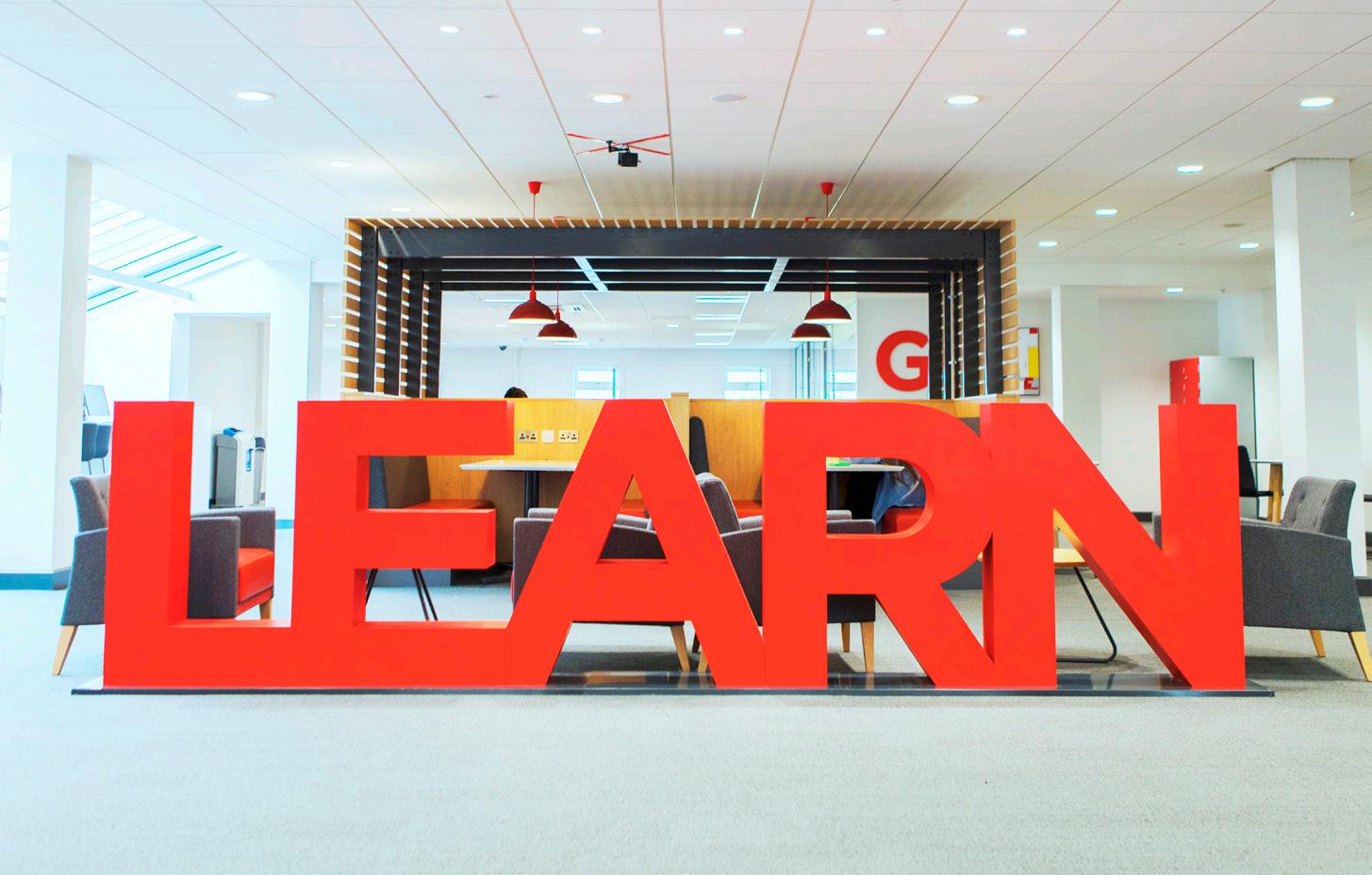
Supervisors complete an annual report on each of the students they supervise. They provide a summary of progress to date, any issues arising, research training requirements, and overall position of the student in the lifecycle. As with the self-evaluation report, the annual progress report is compulsory and considered by the PGR support team for noting any issues.
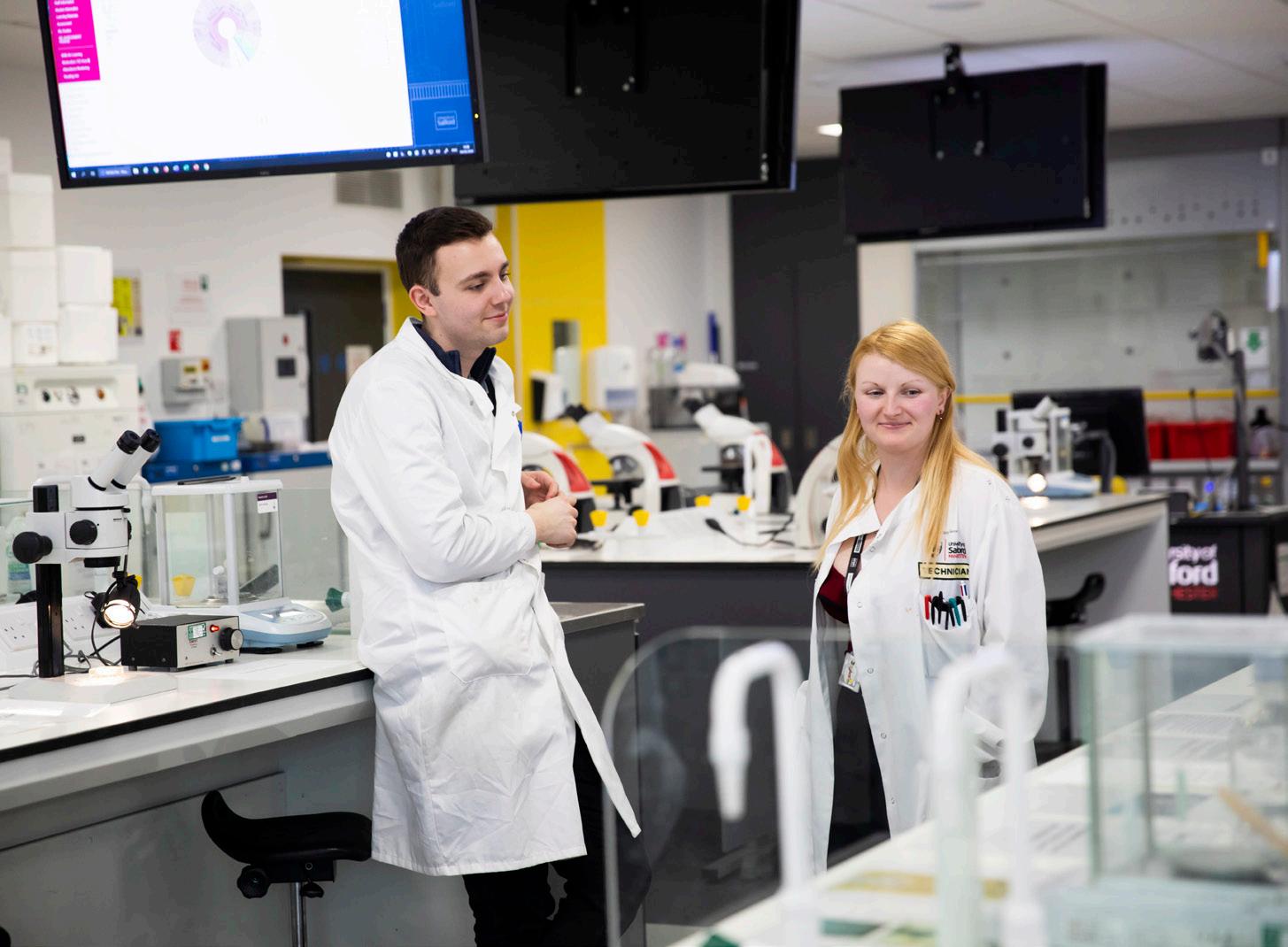
The interim assessment is the first formal point along the MPhil/PhD and DProf (research component) programmes where the progression of the student is assessed by independent experts and a decision is made as to whether the student should continue or transfer their studies to a higher or lower award.
The interim assessment takes place between months 9 and 11 for full-time students, or months 15 and 20 if you are part-time, or months 27 and 33 if you are on a professional doctorate study. This timeframe ensures that should you need to repeat your assessment, you have time to do so before your deadline for registration for the following year.
For students registered on the MPhil programme, the interim assessment provides an opportunity to transfer to the higher award PhD programme. For existing PhD/DProf students, the assessment determines whether students continue on the PhD/DProf programme or are recommended to be transferred to a lower award.

You will be required to present a short paper about your research project describing your progress and plans for the future. You will also have to attend an oral examination. It is your responsibility to ensure your paper is your own original work.
The internal evaluation is the second formal point along the PhD and DProf (research component) programmes, where the progression of the student is assessed by independent experts and a decision is made as to whether the student should continue on their programme or transfer to a programme with a lower award (MPhil).
Your internal evaluation will take place between months 21 and 23 of your candidature if you are a full-time student, months 35 and 40 if you are part-time, or months 50 and 55 if you are on a professional doctorate study. This timeframe ensures you are able to repeat, should it be required, before your deadline for registration for the following year. It is your responsibility to ensure that you present your own original work. You are strongly encouraged to consider using ‘Turnitin’ (our anti plagiarism software), following the ‘originality check’: salford.ac.uk/library/ know-how/blackboard
The evaluation of your progress is important at this juncture to determine whether you have developed your research to a sufficient standard that will lead to a PhD/DProf award. Where progress is sub-standard (and would not achieve the level of the higher PhD or lower MPhil award) the internal evaluation panel have the authority to recommend termination of a student’s candidature.
As a doctoral candidate, once you have submitted your thesis, you will be required to attend an oral examination called a viva voce. The examination will normally take place within two months of submission. Your supervisor will inform you early on of the arrangements.

Your lead supervisor will attend the viva voce unless you request otherwise. They cannot play an active role in the examination, but may act as a minute taker. Instead, questions will come from two examiners, an internal and an external (note that there are exceptions, e.g. staff candidates require two externals; and EngD requires two externals and one internal).
Each viva is an individual experience and dependent upon your thesis and the thoughts of the examiners. It is important that you don’t panic about the viva, read through your work beforehand to re-familiarise yourself with it and talk to your personal tutor, your lead supervisor, or someone else who has experienced a viva voce, about any concerns that you may have. Remember: the examiners are interested in what you have to say – treat the viva as a unique opportunity to talk about your work to a rapt audience, and make the most of the experience.
Examiners will recommend one of the following:
/ That the degree be awarded, subject if necessary to ‘minor’ or ‘major’ amendments being made to the thesis within a specified time (either one month or three months);
/ That you be required to attend for a further oral examination;
/ That you be permitted to submit, within 12 months, a revised thesis for the same degree for re-examination on a subsequent occasion;
/ That for a PhD candidate you be given permission to apply for the degree of MPhil with or without re-examination;
/ That no degree is awarded and resubmission is not permitted.
The final year of your research degree is called the completion year; full-time students are permitted one year within which to complete and have their thesis examined and the award ratified. Part-time students are permitted two years to complete and have their thesis examined and the award ratified. The completion phase includes:
/ Submitting your Notice of Presentation to the Research office (e.g. latest month 41 for full time PhD candidates).
/ Submitting your soft-bound thesis to Student Admin (e.g. latest month 42 for full time PhD candidates).
/ Having your viva - variable due to examiner availability; it should be around, for example months 43-44 for a full time PhD candidate, but it is the responsibility of the supervisor to ensure examiners are going to be available.

/ Completing any corrections, corrections signed off and submission of your final hard-bound thesis - within one to three months of your viva, depending on the date specified on the letter. Please ensure you allow sufficient time for examiner sign off and binding.
/ Submitting an electronic final corrected version of your PhD or masters by research thesis to USIR, our institutional repository.
/ Ratification of final award by the Postgraduate Research Awards Board – (e.g. latest month 48 for full time PhD candidates). The awards board only takes place every three months.
The notice of presentation is completed by the student and supervisor, the student will complete part A and pass to their supervisor along with the final abstract, then the supervisor will complete part B and pass the form to the research office.
As a postgraduate researcher, you will be allocated an academic ‘supervisory team’ consisting of a lead supervisor and cosupervisor(s).
The school will also allocate you with a personal tutor, whose responsibility will be to provide pastoral guidance.
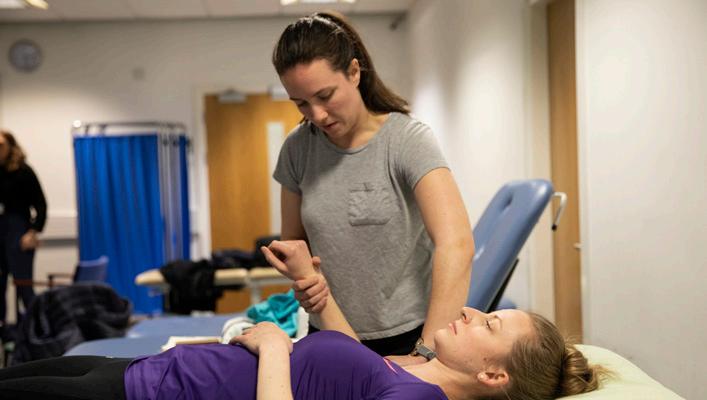
If you are working away from the University under an approved arrangement for a significant period of time, it is normal to appoint an ‘advisor’ to act as a local supervisor. However the appointed supervisor from the University remains formally responsible for your supervision.
Your lead supervisor is responsible for facilitating your academic progress, with input also from your co-supervisor(s) if necessary. They will provide you with the guidance and help that you need to complete your research project successfully within the time period allowed. The lead supervisor is responsible for supervision, while the co-supervisor(s) will contribute according to specific requirements of the project.
You should work with your lead supervisor and co-supervisor(s) to reach a supervision arrangement which suits you all. You should include a clear description of the arrangement in the learning agreement at the beginning of your study and update the learning agreement whenever it is necessary.
We view our PGR students as independent researchers, who lead on their own research, but are guided as necessary by their lead supervisor and their supervisory team. The ultimate responsibility for the work and the eventual thesis lies with you and it is vital that you participate fully in the planning and completion of the research project.
Your co-supervisor(s) will be responsible, in academic and supervision terms, for your degree. The amount of input from your co-supervisor(s) may vary during the period of candidature and alter with the focus of your research; it may be necessary to review the supervision arrangements at key points.
ANNUAL PROGRESS REPORT (APR)
ANNUAL SELFEVALUATION REPORT (SER)
REGISTRATION
ETHICAL APPROVAL INTERIM ASSESSMENT (MONTH 9-11)
REVIEW LEARNING AGREEMENT
INTERNAL EVALUATION (MONTH 21-23) ANNUAL PROGRESS REPORT (APR)
LEARNING AGREEMENT (BY MONTH 3)
RESEARCH SUPERVISION RECORD
ANNUAL SELF-EVALUATION REPORT (SER)
VIVA VOCE
SUBMIT THESIS
ANNUAL SELF-EVALUATION REPORT (SER)
ANNUAL PROGRESS REPORT (APR)
NOTICE OF INTENTION TO SUBMIT
WRITE UP THESIS
REVIEW LEARNING AGREEMENT
#BECOMEUNSTOPPABLE 17 REGISTRATION HANDBOOK REGISTRATION
Postgraduate research students are eligible to apply for funding to attend international and UK conferences if they are presenting a paper, poster or other form of presentation. Successful applicants will receive a contribution to travel and accommodation costs up to a maximum of £250 for UK conferences and up to a maximum of £500 for overseas conferences.
For full details of how to apply please visit www.salford.ac.uk/conference-fund
Return your completed form to Research and Enterprise by emailing pgrsupportfund@salford.ac.uk
Please note the following restrictions:
1. Applicants must be currently registered in year two or three of their PhD (i.e. not in year one or ‘completion phase’).
2. A student may only receive funding for one UK and one International conference throughout the duration of their PhD.
3. This fund is designed to add value to your research by encouraging the dissemination of work-in-progress at conferences. It is not designed to supplement the costs of carrying out your research.

We have established a comprehensive training programme for postgraduate researchers. The training sessions available are organised according to the four domains mapped out in the Researcher Development Framework and are open to all postgraduate researchers, academic and research staff.
These domains are:
/ Knowledge and intellectual abilities
/ Personal effectiveness
/ Research governance and organisation
/ Engagement, influence and impact
salford.ac.uk/doctoral-school
SPARC is a forum for developing research, offering a space for postgraduate researchers from all disciplines to exchange ideas. Taking part will enable you to actively engage with Salford’s PGR community, while also developing confidence and presentation skills at the same time. SPARC is free to attend and is open to Salford PGR students in all subject areas to present. It is a multi-disciplinary conference, so abstracts and presentations should be tailored for a wide audience including researchers from other disciplines.
For any queries, please contact sparc@salford.ac.uk
salford.ac.uk/postgraduate-research/researchevents

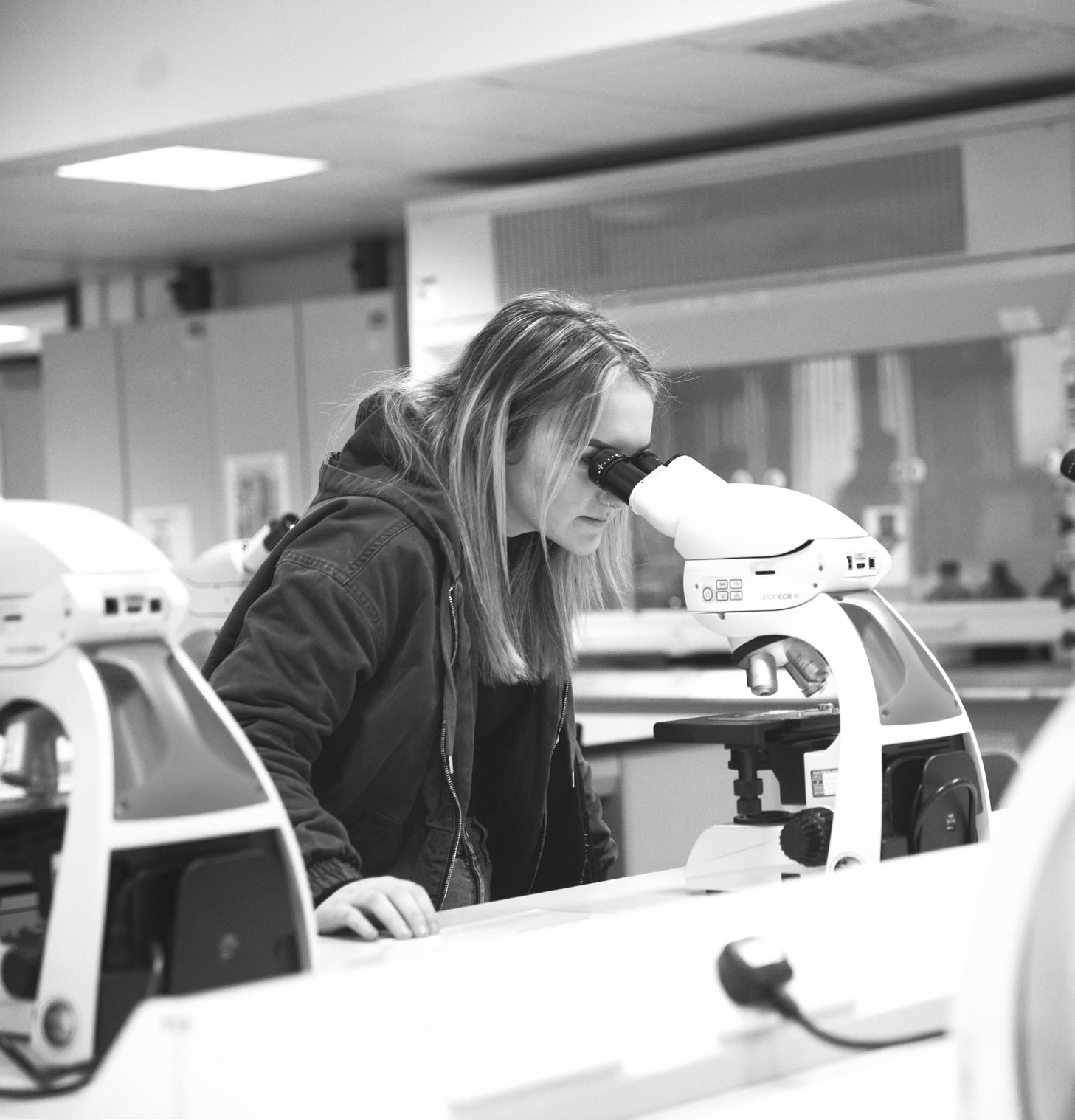
If you are a UK applicant, please submit your application at least six weeks before your course starts. If you are applying from outside the UK, please submit your application at least ten weeks before your course starts.
You’ll need to submit your application through our online application portal at apply.salford.ac.uk
The research proposal is a crucial part of your application. You should discuss your proposal with the postgraduate research admissions contact at the school you are applying to, in order to make sure you understand what is expected in your subject area.
A research proposal is an outline of your proposed research that is designed to:
/ Formulate and define a clear, interesting research question; this may take the form of a hypothesis to be tested, or an open-ended enquiry
/ Establish the relevance and value of the proposed research question in the context of current academic thinking, highlighting its originality and significance
/ Outline a clear and practical methodology which enables you to answer the research question, and to describe and evaluate any data or source material you will draw upon
/ Suggest what you hope to discover at the end of your research and what new areas it might open up
/ Provide a provisional timeline of your research
If you’re an international student applying to study in the UK you’ll need a student visa. Our student support site, askUS, provides detailed instructions on how to apply for this, whether you’re based within the UK or outside.
Visit salford.ac.uk/askus/topics/immigrationand-visas/before-you-arrive for more details. You can also find more details on the visa at gov.uk/student-visa

For more information on all aspects of applying, including guidance on writing your research proposal, visit salford.ac.uk/postgraduateresearch/apply

PGR-SupportSAM@salford.ac.uk
PGR-SupportSBS@salford.ac.uk
pgr-supportshas@salford.ac.uk
PGR-SupportSSEE@salford.ac.uk
Tracie Davies- T.Davies@salford.ac.uk
Tracy Ireland- T.J.Ireland@salford.ac.uk
